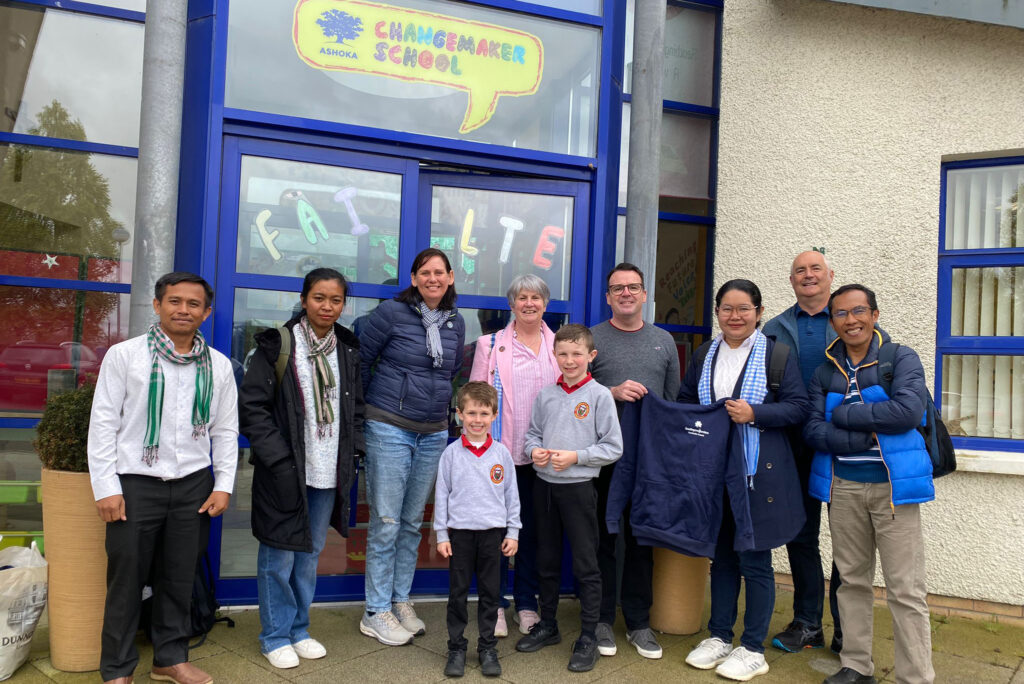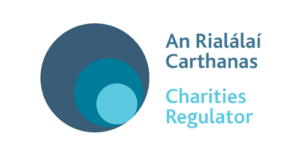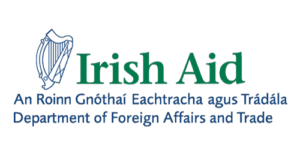Solidarity Schools
Global Citizen Education
SeeBeyondBorders Ireland is committed to improving Global Citizen Education on the island of Ireland. In their Global Citizen Education Strategy (2021-2025) Irish Aid states:
‘Irish Aid defines Global Citizenship Education (GCE) as a lifelong educational process, which aims to increase public awareness and understanding of the rapidly changing, inter-dependent and unequal world in which we live’.
We aim to play our part in encouraging Irish people to see themselves not only as Irish citizens but as Global Citizens with an active part to play in making the world a better place. Guided by the Code of Good Practice for Development Education (IDEA, 2019), we work in solidarity, empathy and partnership with others and challenge unequal power relations across all issues we work on.
The Sustainable Development Goal framework underpins Global Citizen Education and clearly outlines the importance of understanding that the planet and its people are intrinsically connected. Building a better world must be based on both the planet and its people. The SDGs represent a comprehensive plan of action to build a global partnership for sustainable development to improve human lives and protect the environment.
Solidarity Schools Programme
Approach and Values
The Solidarity Schools Programme promotes development education and social justice in schools in Ireland. Through a Cambodian lens we aim to support schools in teaching the Sustainable Development Goals (SDGs). Through direct contact with our Cambodian partners, this programme will promote connection and collaboration between Irish and Cambodian people. Equality, reciprocity and mutual respect lies at the heart of the project.
Through our Solidarity Schools Programme, we want to encourage Irish children to ‘see beyond borders’. We want them to consider themselves to be global citizens and to understand the impact their lives and actions have on the planet and its people. More than anything else we want to help develop critical thinking skills in the students and to encourage them to be agents of change in the world.
In the 2022/2023 school year we have worked with six primary schools to pilot this project. We have rolled out a series of lesson plans and are currently working with the schools to evaluate their impact. We are working in collaboration with PEPY Empowering Youth, Cambodia to build the Solidarity Schools network and are keen to expand this programme to more schools over 2023/2024.
Aim:
Promote awareness of SDGS through a Cambodian lens
Encourage students to be active global citizens
Build awareness of Cambodia, SBBI and PEPY
Expand our fundraising base to support Cambodian programmes
What do schools get?
On invitation, we visit schools and provide a staff presentation which includes an introduction to the Cambodian context, a description of our work, promotion of the importance of Development Education for Irish students and a call to action for the schools.
We are also happy to visit selected schools and meet the children – this may happen at assembly or in certain classes at the discretion of the individual school. This presentation will have the same content as the presentation for the staff, but adapted to make it accessible to the children and to ensure it is age appropriate.
In the 2022/2023 school year we have worked with six primary schools to pilot this project. We have rolled out a series of lesson plans and are currently working with the schools to evaluate their impact. We are working in collaboration with PEPY Empowering Youth, Cambodia to build the Solidarity Schools network and are keen to expand this programme to more schools over 2023/2024.
Thanks to INTO funding we host colleagues from PEPY Empowering Youth and SeeBeyondBorders. We aim to visit as many of the Solidarity Schools as possible during these visits.

Map of schools:

Lesson Plans
Contact us
We would be delighted to hear from teachers or schools interested in joining the Solidarity Schools Programme.
Please don’t hesitate to contact us if you would like to learn more about the programme:
maeve.corish @seebeyondborders.org
marie.moreau@seebeyondborders.org



